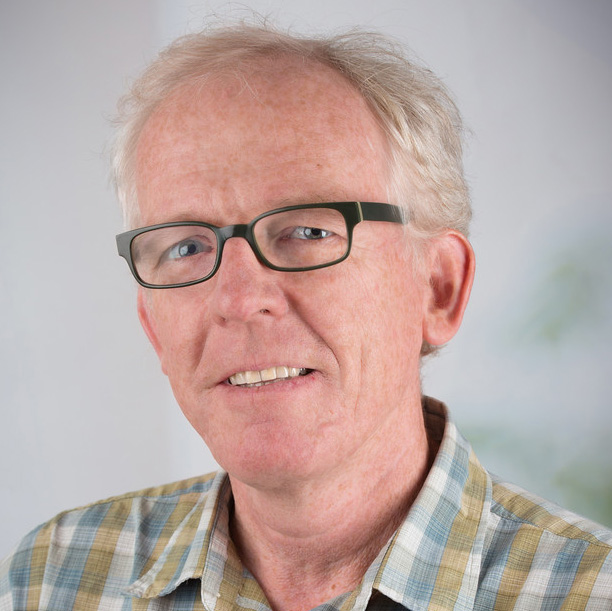Research Interests:
- Statistical methods in computational biology
- Analysis and comprehension of ‘next generation’ high-throughput sequence data
- Integrative analysis of large-scale multiple ‘omics data sets
- Inference of single-cell evolutionary processes in cancer development
Biography
Dr. Morgan earned his undergraduate and Master's degrees in Botany at the University of Toronto. Dr. Morgan's PhD studies at the University of Chicago involved the evolutionary consequences of frequency-dependent selection, and of multilocus deleterious mutation.
Dr. Morgan spent 10 years as an Assistant and then Associate Professor at Washington State University, before joining the Fred Hutchinson Cancer Research Center in 2005. At the Hutch, Dr. Morgan worked on the Bioconductor project for the analysis and comprehension of high-throughput genomic data. Dr. Morgan led the Bioconductor from 2008 to 2021. Dr. Morgan moved to Roswell Park Comprehensive Cancer Center in 2015, becoming an emeritus member in 2024.
Positions
Roswell Park Comprehensive Cancer Center
- Emeritus Faculty
- Department of Biostatistics and Bioinformatics
State University of New York at Buffalo
- Research Professor, Biostatistics
Background
Education and Training
- 1993 - PhD - University of Chicago, Chicago, IL
- 1988 - MS - Botany, University of Toronto, Toronto, ON
Research Overview
Dr. Morgan’s research is motivated by a desire to enable others to effectively understand and employ modern high-throughput genomic data in cancer and other biological domains. Such data necessarily requires advanced statistical analysis implemented in an appropriate computation environment. Dr. Morgan’s efforts focus on enabling development and dissemination of appropriate software, especially for use in research environments requiring leading edge, reproducible analysis.
Data available in research labs increasingly involves multiple different types of data (e.g., RNA expression profiles, DNA variants, regulation of gene expression, proteomics). An important area of research involves specification and development of software approaches to integration of these diverse data types into manageable statistical summaries, paying special attention to the need for robust, reproducible work flows.
Researchers have increasing access to "single-cell" measurements that describe populations of cells; Dr. Morgan is also interested in developing methods for meeting the unique challenges of this type of data, especially from the perspective of changes occurring over the course of cancer and other developmental changes.
Publications
- Amezquita RA, Lun ATL, Becht E, Carey VJ, Carpp LN, Geistlinger L, Marini F, Rue-Albrecht K, Risso D, Soneson C, Waldron L, Pagès H, Smith ML, Huber W, Morgan M, Gottardo R, Hicks SC. Orchestrating single-cell analysis with Bioconductor. Nat Methods. 2020 Feb;17(2):137-145. doi: 10.1038/s41592-019-0654-x. Epub 2019 Dec 2. Review. PubMed PMID: 31792435; PubMed Central PMCID: PMC7358058.
- Huber, W, et al., and Morgan, M. (2015) Orchestrating high-throughput genomic analysis with Bioconductor. Nature Methods 12: 115-212. 10.1038/nmeth.3252.
- Lawrence, M, and Morgan, M. (2014) Scalable Genomics with R and Bioconductor. Statistical Science, Vol. 29, No. 2, 214-226 10.1214/14-STS476
- Srinivasan, S, Morgan, M.T., Liu, C., Matsen, F. A., Hoffman, N. G., Fidler, T. L., Agnew, K. J. Marrazzo, J. M., Fredricks, D. N. (2013) More Than Meets the Eye: Associations of Vaginal Bacteria with Gram Stain Morphotypes Using Molecular Phylogenetic Analysis. PLoS ONE, 8 (10) e78633. doi:10.1371/journal.pone.0078633.
- Lawrence M, Huber W, Pagès H, Aboyoun P, Carlson M, et al. (2013) Software for Computing and Annotating Genomic Ranges. PLoS Comput Biol 9(8): e1003118. doi:10.1371/journal.pcbi.1003118.
